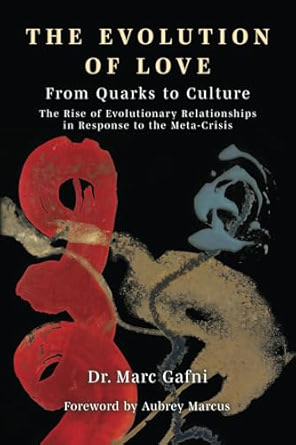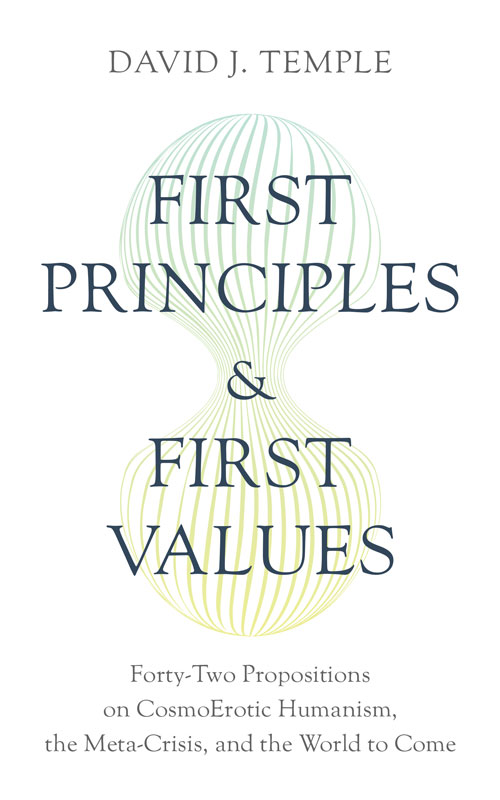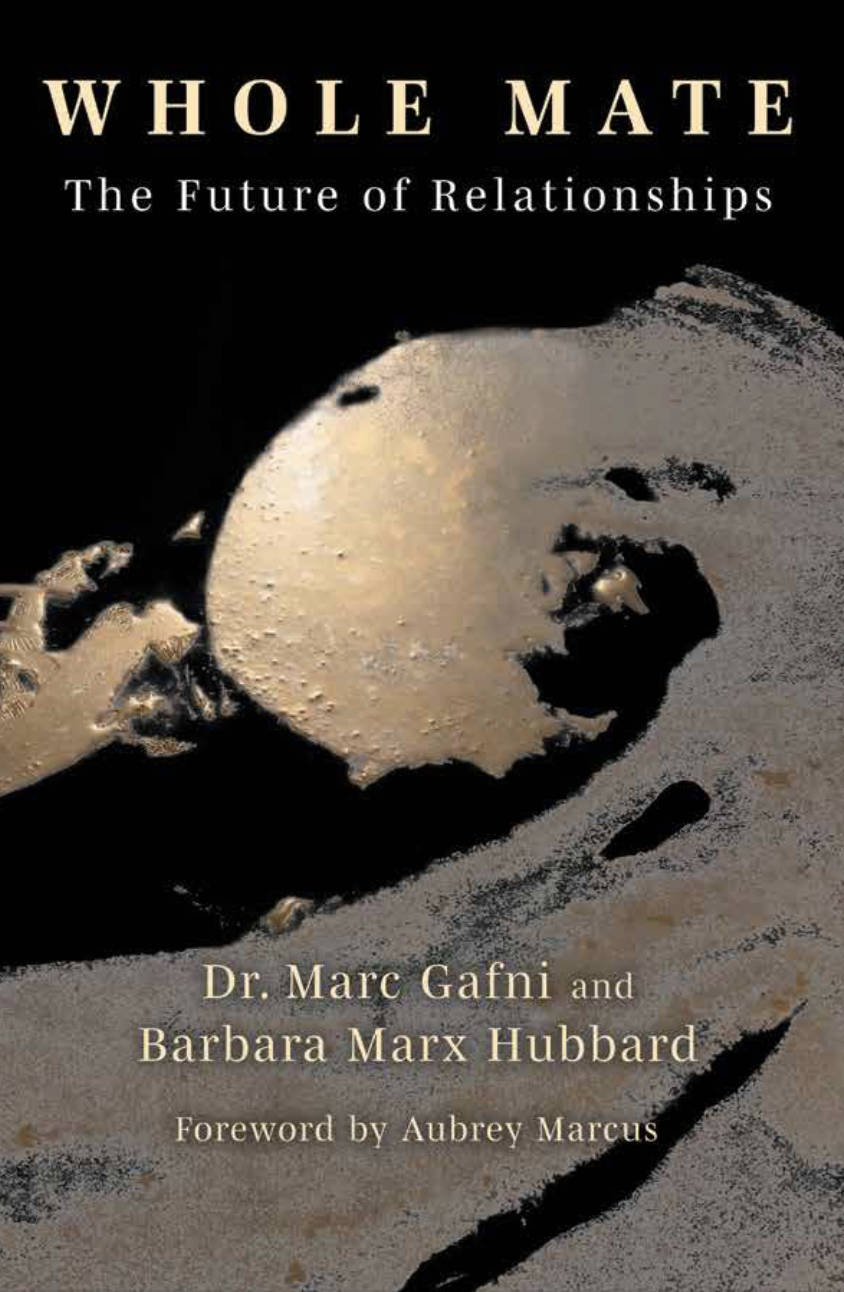The Persian/Hebrew Axis | Alexander Bard, Marc Gafni, and Zak Stein
Alexander Bard of Parallax in a provacative discussion with Dr. Marc Gafni and Zak Stein.
Enjoy this Parallax Dialogue:
A rich and provocative conversation at the crossroads of philosophy, education, and technology, and a bold defense of religion in the modern age. Three intellectual titans — Alexander Bard, Marc Gafni, and Zak Stein — come together in this deep-dive dialogue, discovering surprising points of unity across their metaphysical differences.
Story is the source code of culture and consciousness and of all Reality-all the way up and down the evolutionary chain. Story is the attempt to gather information about the nature of Reality and translate it into narrative frameworks bounded by Value.
Stories that organize culture are “Stories of Value, backed by the Universe”.
Postmodernity argues that Reality is just a story, and that all stories are created equal (equally meaningless of inherent value) because value itself is not real. And therefore, all stories of value are but social constructs, fictions, or figments of our imagination.
The postmodernists are wrong.
Story is real. And not all stories are equal. There are better and worse stories. A better story is an eternal and evolving story of Value. Evolving Value backed by the Universe.
A worse story-one with flawed, incomplete, or distorted plotlines of distorted value, like the story we’ve lived in the West for the better part of the last century-can, and will, bring us to the brink of existential risk, the potential end of humanity as we know it.
Value is both real, backed by the Universe, and like everything in the Universe, value evolves. The evolution of value itself is the evolution of love, as Eros and evolution themselves, are inherent plotlines of value in the great story of Cosmos.
The goal of The Evolution of Love, and its companion volume Whole Mate: The Future of Relationships, is to provide a first articulation of a new, better story of Value in the domain of relationship. At the core of this New Story of Value are a new Universe Story and a new narrative of identity, which we have called CosmoErotic Humanism and Homo amor.
If we fail to articulate this New Story of Value, the results will be excruciating for billions of human beings and for the entire life system–as for the trillions of lives that will remain unborn.
All of the past depends on us to fulfill its dreams.
All of the present depends on us to live.
All of the future depends on us to be born.



